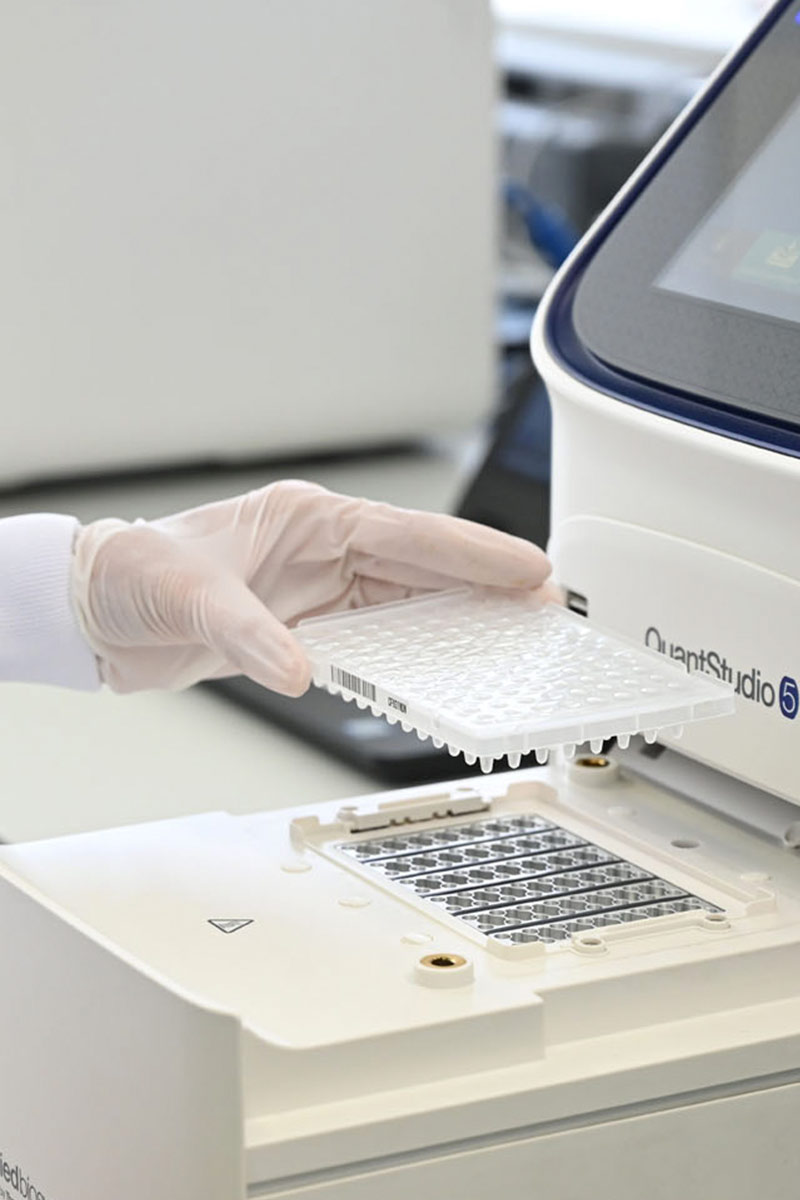According to the Codex Alimentarius, "in the past few years viruses have been increasingly recognised as important causes of food-borne diseases". We help you prevent these outbreaks by testing for Norovirus GI / GII and hepatitis A virus in food and bottled water
The presence of enteric viruses, particularly human Norovirus and hepatitis A virus, in faecally contaminated food is a cause of foodborne gastroenteritis and enteric hepatitis. The foods most frequently associated with gastroenteritis and hepatitis are those contaminated at source such as bivalve molluscs, salad vegetables and berry-type fruits that are consumed raw or undercooked. Nevertheless, they may also occur, to a lesser extent, in food contaminated by improper handling after cooking.
Therefore, their presence needs to be monitored by methods sensitive enough to detect these agents in food even at very low levels, since they are highly infective micro-organisms (they can infect even at very low doses of ingestion).
Due to our extensive experience in the field of virus analysis, we are also able to analyse other viruses such as SARS-Cov-2 and its variants, both on surfaces and in wastewater.
